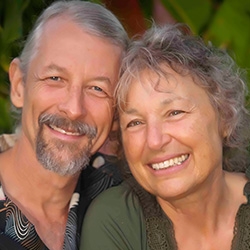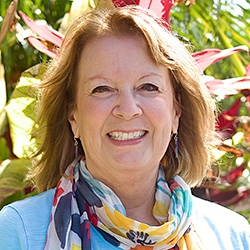

NVC Resources on Feelings
-
Explore Self-Empathy with a unique four-step process ending in gratitude.
-
Learn how your inner relationship forms the basis for Focusing and NVC.
-
Trainer Tip: Next time you prepare for a challenging conversation, solidly connect with your own feelings and needs before entering into meeting. Then attend the meeting open to creating results that work for everyone. This is likely to give increase chances that the conversation will come to a mutually satisfying conclusion.
-
It may be challenging to hear or make requests when you feel shame regarding anyone's feelings and needs. Without support, shame could be debilitating, so you may feel resistant and become defensive, hear threat, or criticize others. Instead, be with people who allow space for vulnerability. Find ways to celebrate, negotiate, be mindful, accepting, and creative.
-
Here's a five-step 30 day practice to cultivate gratitude, using the practice of observations, needs, feelings, presence, vitality, awareness of contribution, sharing power and interdependence.
-
Trainer Tip: Notice where you're judging or blaming people for not meeting your needs. Strive instead to notice and name the related feelings and needs longing to be met. Ask a question to check with the other person about what they want and need. This can open up the conversation towards mutually beneficial solutions.
-
Experience a powerful blend of Nonviolent Communication and Emotionally Focused Couples Therapy.
-
As social beings we thrive with social contact and community. Thus, with the social isolation and a loss of routine that is happening in the COVD-19 pandemic, there are three critical areas to keep in mind everyday: emotional-physiological regulation, self-empathy for fear and anxiety, and meaningful engagement.
-
We live in a world where there is a lot of anger. It can be a strong and intense emotion that we feel or receive from others sometimes on a daily basis. Whether that's an agitated partner, road rage, or a disgruntled colleague. While we're familiar with this feeling, we're not necessarily well equipped with how to express it in a healthy way. In this month's Life Hack, Shantigarbha takes us through a guided reflection on anger.
-
Poetic License is a fun group exercise that's sure to incite laughter in your NVC group!

Quick Links
Subscription Preferences
Stay In Touch!
Looking for ways to keep up with NVC Academy news, get special offers, free resources, or words of inspiration? Here are five ways to stay engaged:










